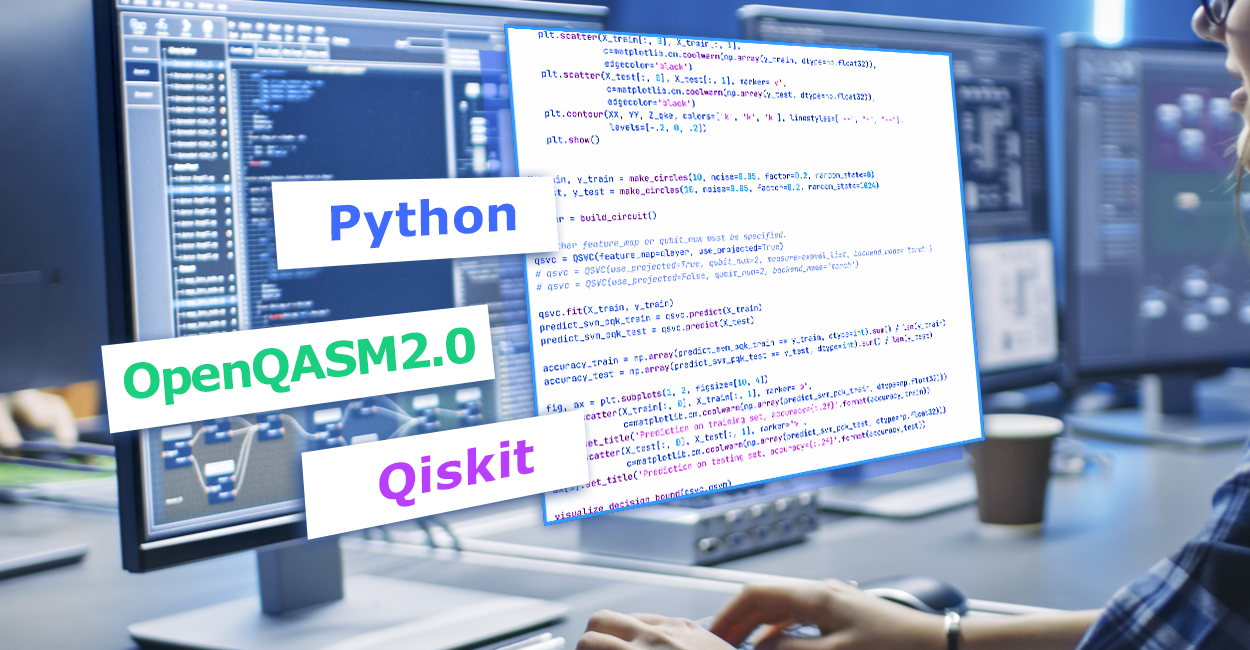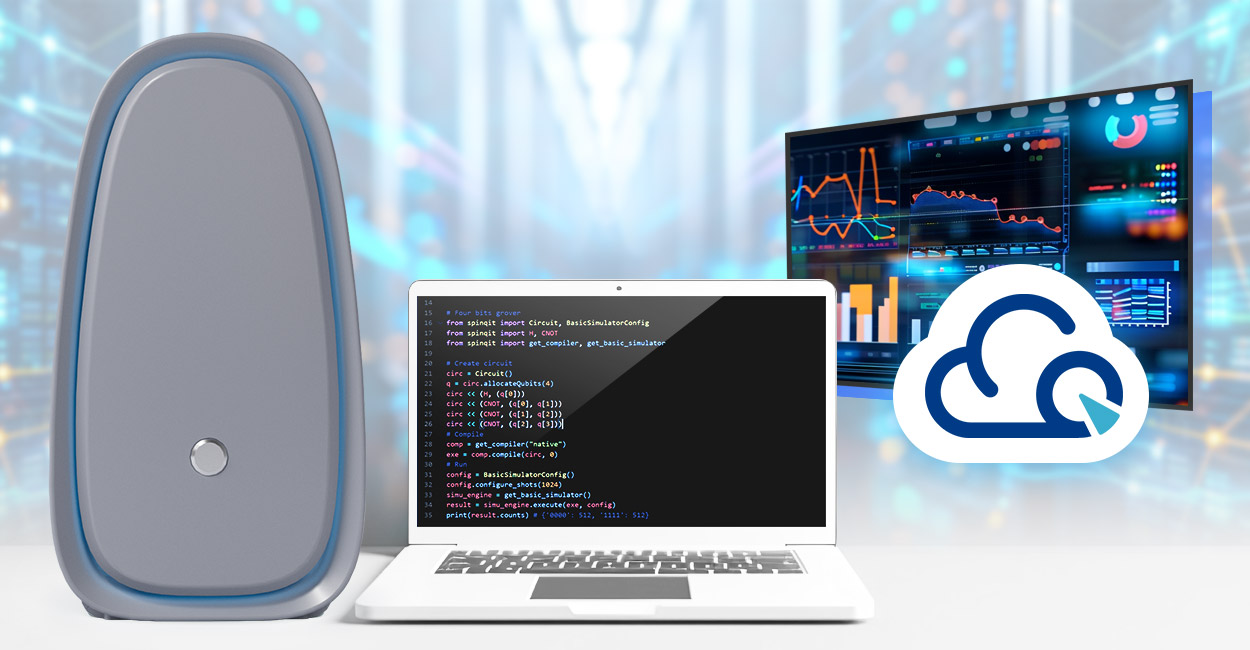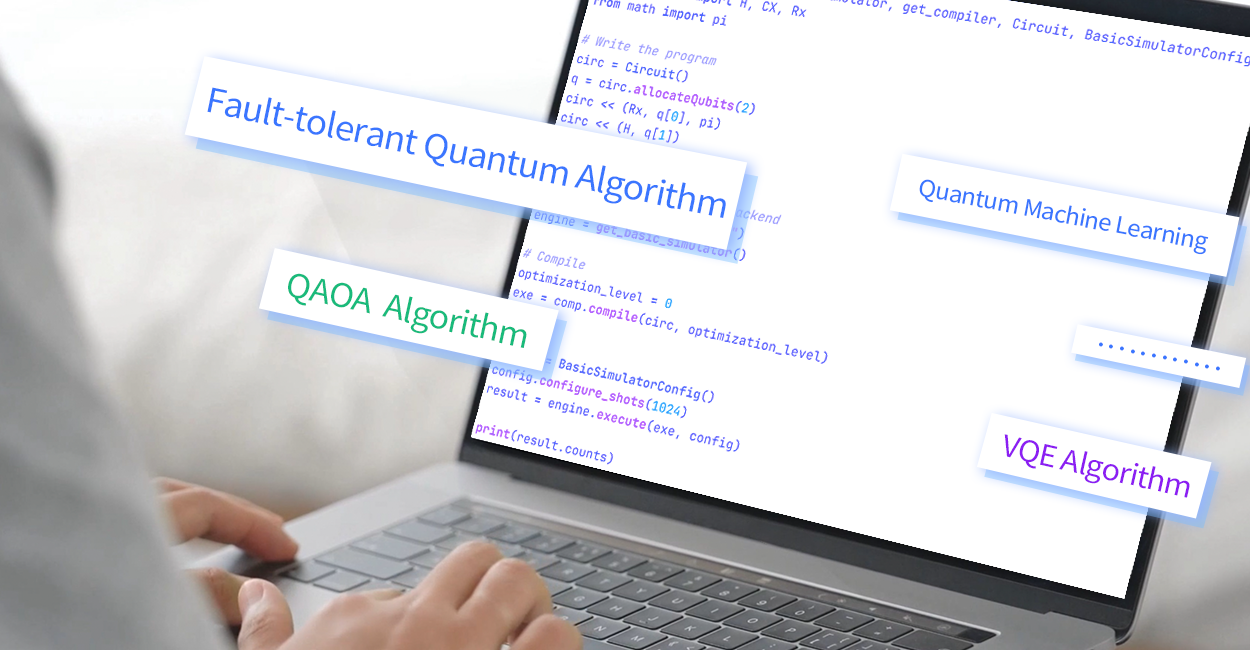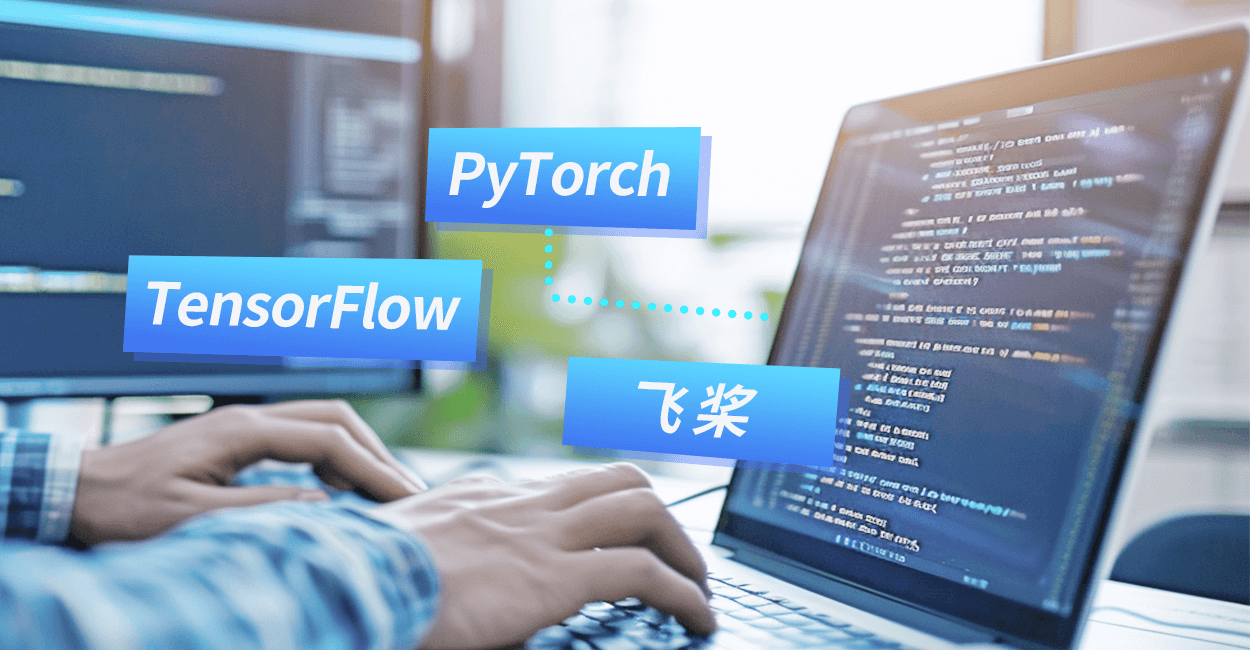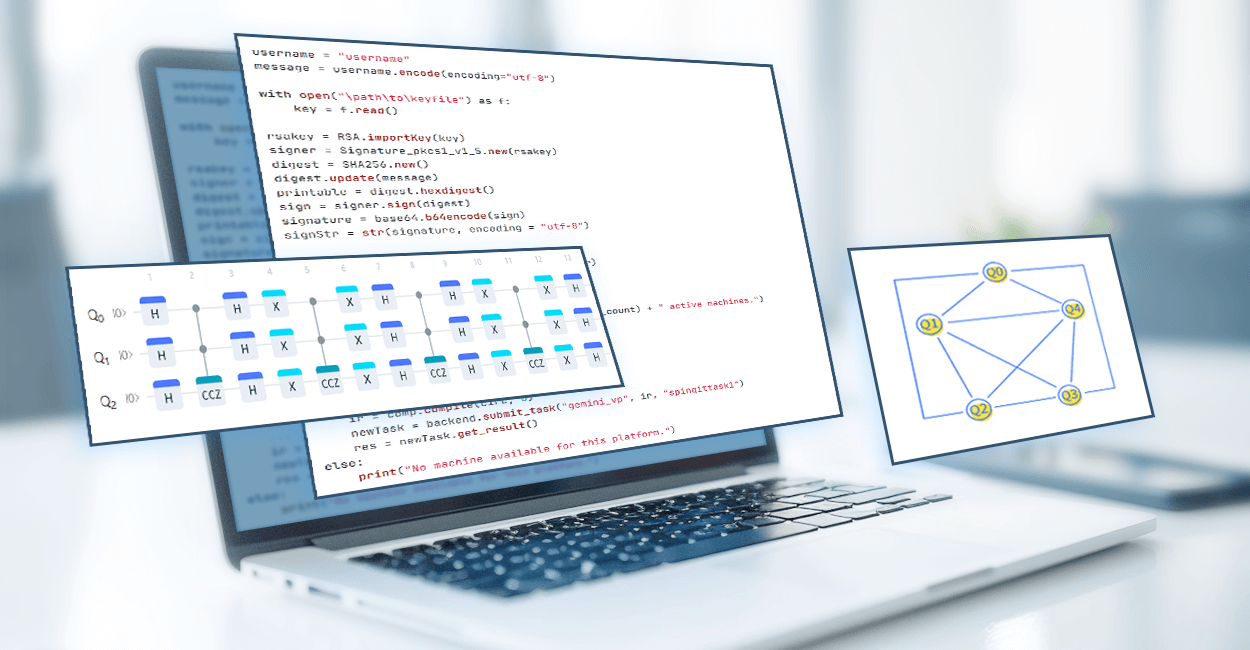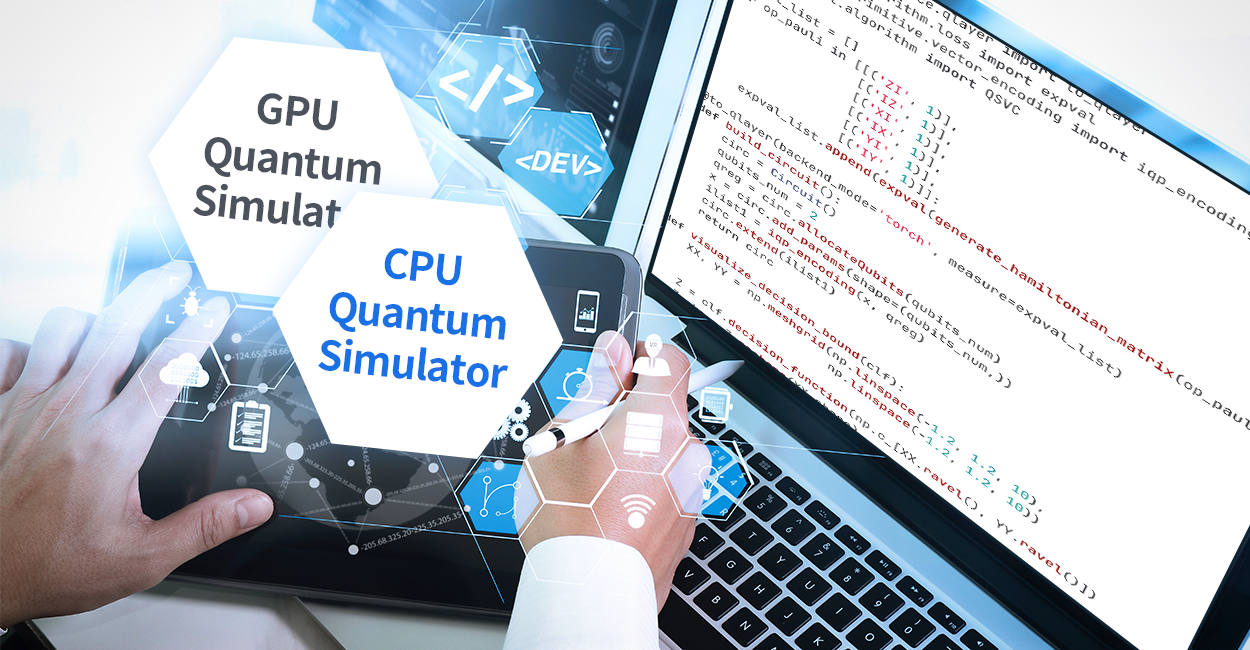SpinQitQuantum Computing Programming Framework
It supports quantum programming based on Python, provides users with rich quantum algorithm interfaces, supports cross-platform execution, realizes connection with quantum computers, quantum simulators, and the SpinQ cloud platform, and provides new, flexible, and efficient software tools for developers or scientific research enthusiasts.Learn More >


